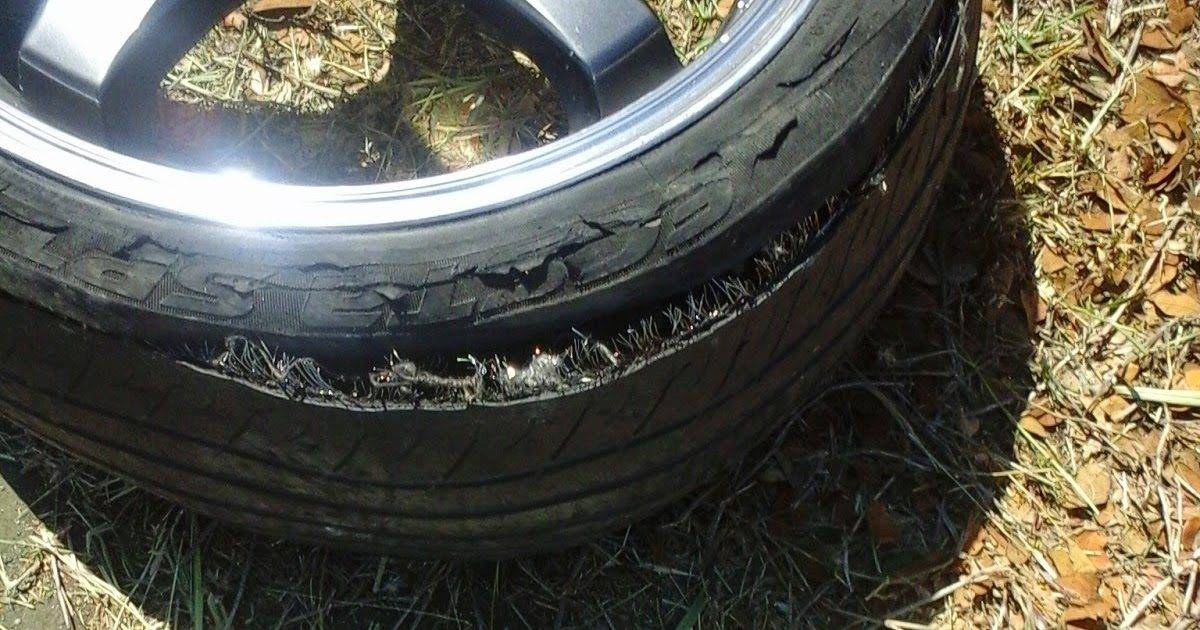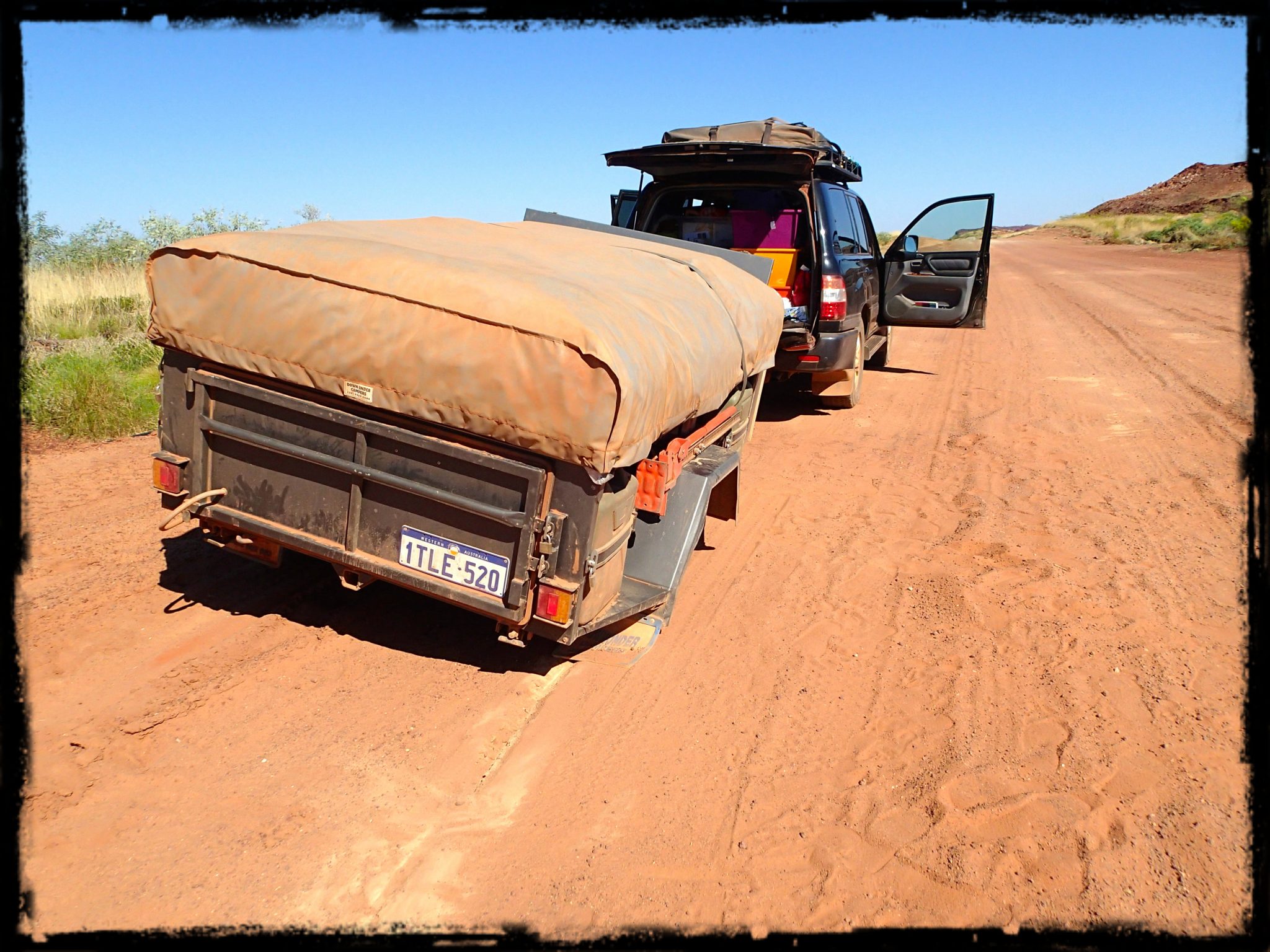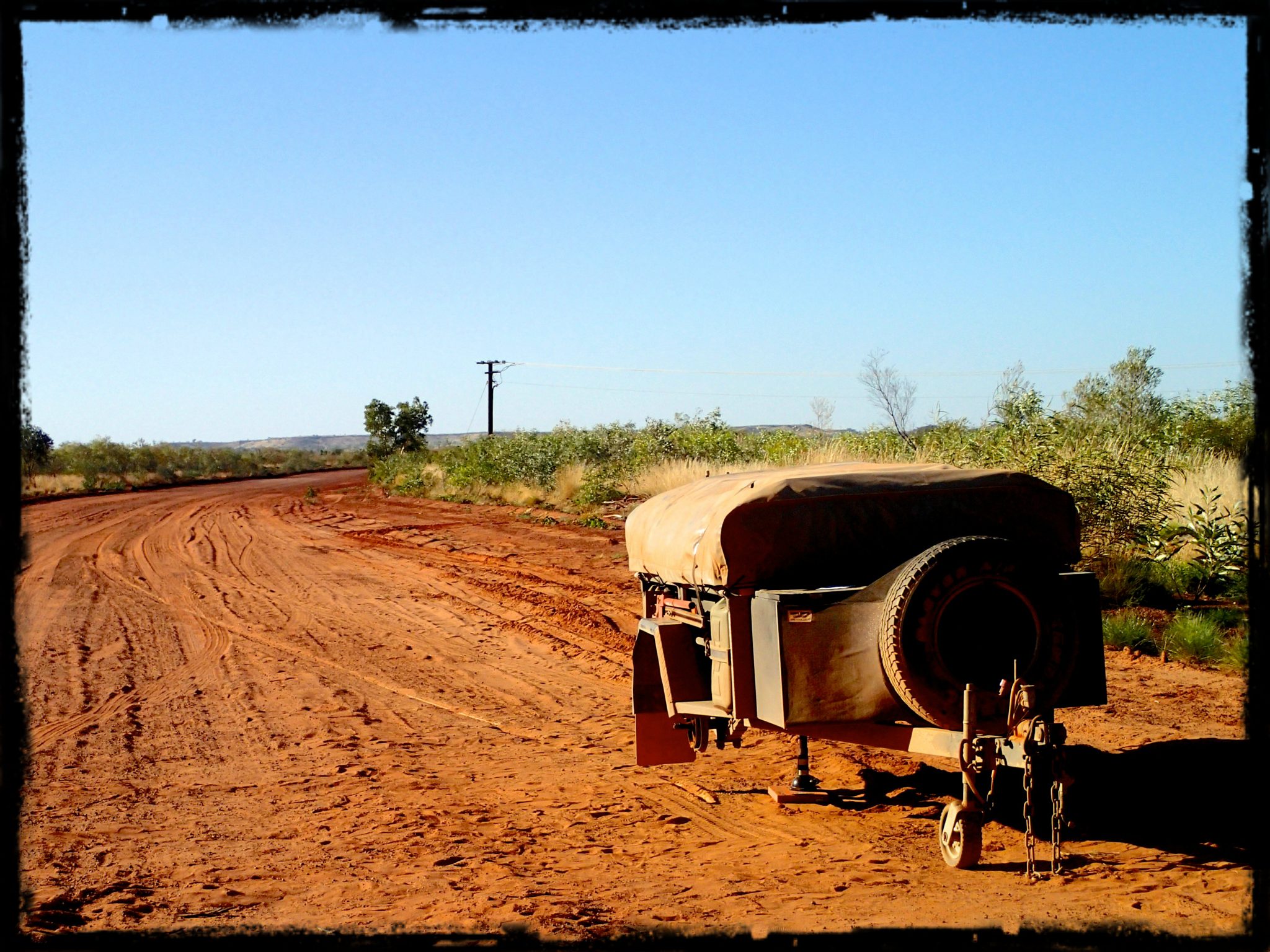
When The Wheels Come Off…
19th Feb 2015Lessons from the Bush #2
In my last post, I wrote about my family’s experience of taking a circuit breaker: three months of living simply and adventuring in the Western Australian outback. Here’s another insight about living and leading from that amazing trip.
We’d been travelling two months, and were happy, tanned and scruffy. We’d had some great adventures, and navigated some hairy terrain. Our trip so far had been relatively incident-free. We’d heard all sorts of horror stories about vehicles falling apart on the diabolical roads, people falling from cliffs, and of course the ever-present spectre of crocodile attacks. And we’d been on those roads, stood on the edge of those cliffs, and seen plenty of crocs, and come through it unscathed. We were carrying that quiet confidence you have when you’ve leaned into your fears and come through the other side.
But the past is no great predictor of the future.
So on this particular day we’d confidently gone off the beaten track to explore a fairly remote, but reportedly beautiful, area in the Pilbara region of WA. We’d been heading down a dirt road for about 90kms, and we hadn’t seen another car since leaving the main highway. It was about five in the afternoon. Driving comfortably along at 80 km/h, we heard a sharp bang and felt a sudden drag on the weight of our vehicle. Almost immediately, a wheel flew by my driver’s window, and kept on heading down the road at speed. “That’s our wheel!” I yelped, as the wheel went over a rise in the road, and disappeared out of sight.
The wheel of our camper trailer had come off. The bearings inside the hub had overheated and exploded, leaving the whole wheel with a mind of it’s own. The axle was ground into the dirt, munted. We quickly realised that even if we found the wheel, there was no chance of fitting it back on the trailer. We were literally stopped in our tracks.
The sun was starting to set, there was no help around, no cell phone coverage, and we were 250km from the closest town.
And here’s the thing.
We didn’t panic. We didn’t lock on to finding a solution. Instead, we laughed. “Well, this is what we signed up for!” It was a test of how we could be in disruption. I stood back from the wrecked axle, cracked a beer with Kate, and we considered the world of possibilities that had just opened up in front of us. And the kids – well, they took it in their stride. They jumped out and ran down the road chasing the rogue wheel, which they eventually found waaay down the road. “What a great game, Dad! What’s next?”
Eventually, we decided the to leave the trailer where it stood, and go to find help. So we transferred the essentials, repacked the car, jacked up the trailer and left a note on it, and headed off into the sunset with a jumble of feelings: excitement (what an adventure!), curiosity (what’s going to happen next?), and concern (what if our trailer gets stolen?)
It turned out that an old friend lived the closest town. He generously gave us a bed for a few nights, and we had a wonderful few days there with his family. We retrieved the trailer with a tow truck, and I learned all about how to put a on new axle. We didn’t end up going to the beautiful placed we’d originally planned on, and we had an entirely different experience instead.
Looking back on it now, I wonder what would have happened if we’d responded to that situation differently. What if we’d decided it was a disaster? What if we’d been rigid about having to get to this beautiful spot we so wanted to go to? What if we’d panicked?
My guess:
- We would have been paralysed, frustrated and stressed
- The kids would have picked up on our stress, and responded in kind
- We would have been restless to get on the road again, and not enjoyed our time with our mates as much
- It wouldn’t have been as much fun (as weird as that might sound).
Stuff happens. It’s how you deal with that makes the difference. Some lessons I take from this experience that I think can be applied to how we lead, and how we live, especially in times when ‘the wheels come off’:
- Practice ‘High Intention, Low Attachment’: your ability to have a goal, but not be attached to whether or not you get it (or how you get it).
- Look for the possibilities: Once you’ve let go of the goal, consider the world of possibilities in front of you. Ask yourself “so what possibilities does this situation create?” You might be surprised, even excited, by your answers.
- Remember that you always impact: You cannot not impact others. This is particularly important if you’re in a leadership role, where people are taking cues from you all the time. How you choose to talk and act is the tip of the iceberg that other people experience.
Travel well.
Like this post? You’re only getting half the story. Sign up to my ‘Fresh Thinking’ newsletter, delivered monthly to your inbox.




One thought on “When The Wheels Come Off…”
Comments are closed.